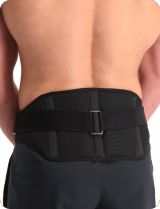Lumbar Spine Hernia (Lower Back Pain)
Suffering from a lumbar spine hernia? If so, then take a look at the products our Medical Team has selected as best for this disorder. Prefer additional information? Feel free to read on, we're more than happy to explain it to you.
Read more »
Which brace is best for you?
For your convenience we use 3 protection levels, that way you will always pick the right brace.
Level 1: Is colored green, and stands for Basic protection.
Level 2: Is colored orange, and stands for Advanced protection.
Level 3: Is colored red, and stands for Highest protection.
General information
The most common complaint is pain in your lower back. A lumbar spine hernia pushes the nerves in your back. This can cause the pain to radiate out to one or both legs. This back pain can get paired with muscle cramps. As a result, the normal curvature of your spine changes to the area above your hips. You will start to lean forward or to the left and right in order to relieve the pain.
Complaints
With a lumbar spine hernia, the intensity of the pain can vary. Sometimes you hardly feel any pain, other times, the pain can be so severe that you can barely function normally. The lower back complaints often disappear after a while. However, the pain in your legs persists and can intensify. It doesn't necessarily mean that your hernia is gone when your no longer experiencing back pain.
Symptoms
- In most cases you experience a lot of pain in the lower back region.
- Radiating pain to one or both legs and/or buttocks. Sometimes, the pain stretches all the way down to below the knee and even the foot.
- The pain intensifies when you press, cough or sneeze.
- In most cases, the pain intensifies when the nerve is being 'pulled'. You can test this yourself by lying on your back and stretch and lift your painful leg. This is called the Lasègue test.
- Reduced tendon reflexes. If you have a hernia between the fifth lumbar vertebra and the first sacrum vertebra (this is the lower level of your lower back), one usually experiences a reduced Achilles tendon reflex.
- While standing with stretched knees, you can bend less deep, and barely reach for the ground.


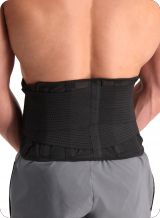
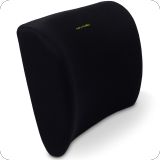
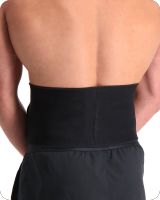
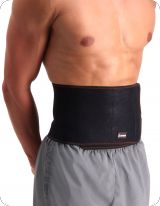

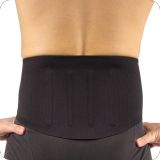

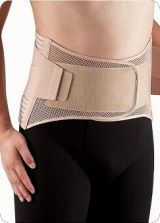
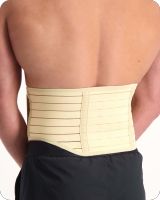
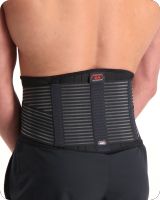
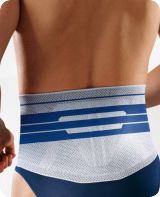
_160_216_80_ffffff_all_10.jpg)
